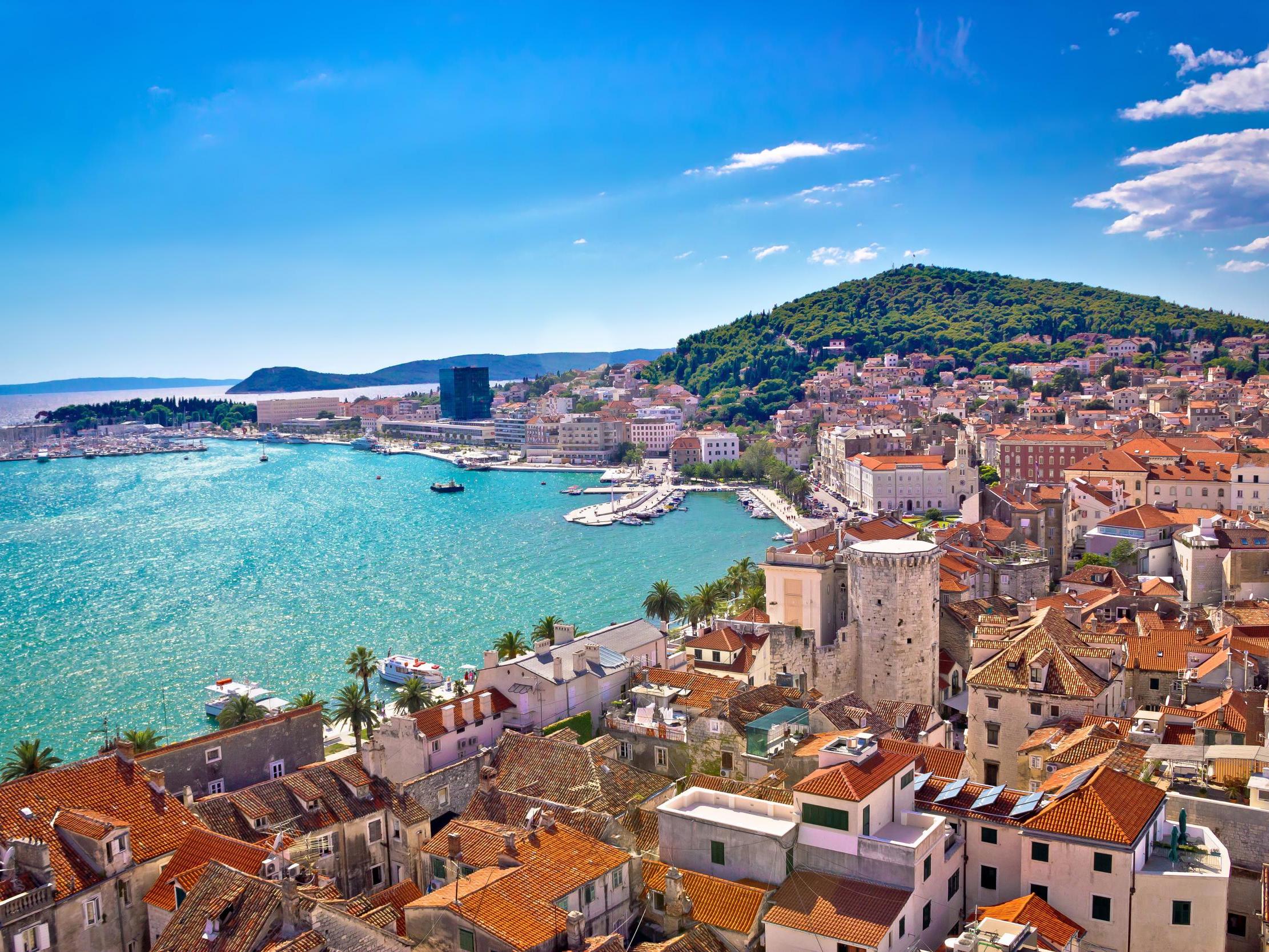Travel question: What currency do I need in Croatia?
Have a question? Ask our expert

Q Any advice on currency for Croatia? I’m getting confusing and mixed advice.
Debbie D
A Unlike Greece, Italy, Spain, Portugal and other Mediterranean countries, Croatia does not use the euro. Its currency remains the kuna. That means the usual advice for European holidays – buy euros in the UK at the best rate you can find – does not apply to the Adriatic nation.
First rule: do not obtain large quantities of the kuna in Britain; you will get a much worse rate than in Croatia. Take clean Bank of England £20 notes (with a few £5 and £10 notes in case you need to change smaller amounts towards the end of your stay).
If you like to have a modest amount of foreign currency for incidentals when you arrive, then I suggest to go to your local post office and change £20 or so into Croatian kuna. You won’t get a great rate of exchange, but it will be better than at your departure airport. And it is commission-free, which is handy for small transactions like this.
I prefer to wait until I reach the arrival airport in Croatia and change some sterling there – though only a small amount. Once you reach your final destination, you will soon be able to identify the bureau de change (known locally as mjenjačnica) with the best rates for sterling. Even in small towns, there are change opportunities; ask at the tourist office or a travel agency.
When you shop around, note that some places charge commission and some don’t. The sensible question to compare rates is: “How many kuna will you give me for £100?”
Keener rates are available for euros – to which the kuna is pegged – than pounds. So if you have some spare euros and do not intend to go to a euro country soon then you might as well bring them. But don’t change sterling into euros and then into Croatian kuna; you pay two margins in the process.
For back-up, take a credit card for purchases (shops, restaurants, hotels) – ideally a card such as Halifax Clarity that does not add a transaction fee. And as a last resort, take a debit card to use at ATMs. But unless you have a debit card such as those issued by Starling, be warned you could typically pay your bank £5 on a £100 withdrawal.
Every day our travel correspondent Simon Calder tackles a reader’s question. Just email yours to s@hols.tv or tweet @simoncalder
Join our commenting forum
Join thought-provoking conversations, follow other Independent readers and see their replies
Comments